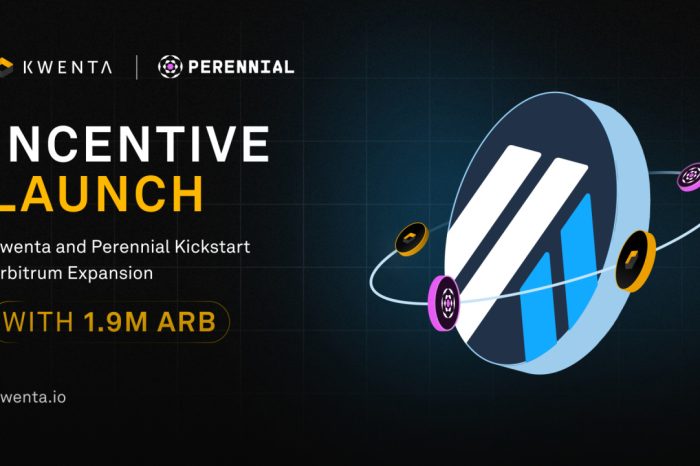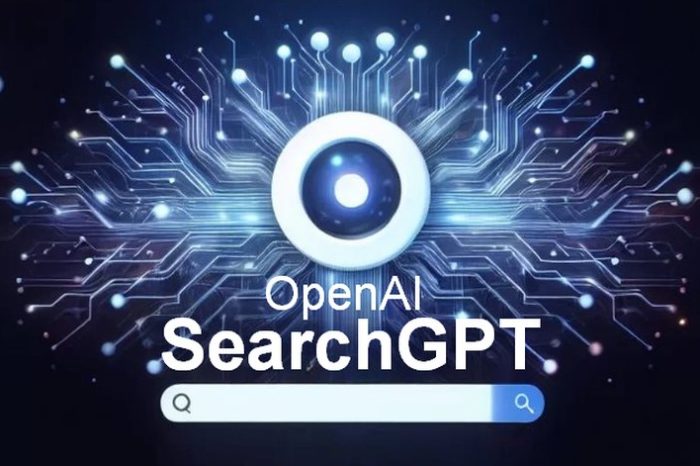Enterprises are at a crossroads, with the established systems of Web2 on one side and the uncharted potential of Web3 on the other. Transitioning to Web3 presents intricate challenges for technology leaders and strategists, but Hedera – a leading open-source public decentralized ledger – offers the expertise and infrastructure to guide enterprises towards successful integration.
Hedera’s platform is designed to meet the needs of enterprises, with features such as high speed, fixed low fees and security. Hedera also has a strong ecosystem of partners and developers, which can help enterprises to build and deploy Web3 applications.
Are enterprises geared up for Web3?
Integrating Web3 into an enterprise’s ecosystem is a complex and challenging task. Enterprises need to overcome a number of hurdles, including aligning Web3 with existing infrastructure, transforming traditional practices and understanding the intricate mechanisms of Web3 technologies.
Businesses are slowly boarding the Web3 bandwagon, but the journey is not without its hurdles. The entire business ecosystem needs to be re-evaluated to identify areas ripe for Web3-driven transformation. From supply chain management to customer engagement, businesses need to embrace digital asset strategies and establish trust-based systems if they want to harness the full potential of Web3.
Tackling security, trust and privacy concerns
The decentralized nature of Web3 platforms opens up a whole new world of possibilities for businesses to bypass intermediaries and interact directly with customers. In this transformative process, trust becomes a linchpin. Blockchains promote transparency and immutability, enabling stakeholders and employees to verify and validate transactions without depending on a central authority. This distributed trust model instills reliability and fosters a trustworthy business ecosystem.
In this digital age, personal data vulnerability is a pressing concern. But there are ways to protect our privacy, thanks to secure decentralized identity solutions. These solutions allow us to manage our digital identities and decide who gets access to our data. Techniques like differential privacy, secure enclaves, decentralized data logging and zero-knowledge proofs help encrypt our data without revealing any extra private information and minimize the risk of unauthorized access. As a result, we can use the internet with peace of mind knowing that our data is safe and secure.
Web3 adoption: Success stories from traditional enterprises
As we delve into the role of trust and security in Web3 adoption, let’s shine a spotlight on a few early adopters who have made a successful transition. Take Avery Dennison, a global leader in digital ID solutions. The company teamed up with Hedera to integrate with atma.io, a connected product cloud platform aimed at enhancing product visibility across the supply chain and building direct, trust-based relationships with customers.
Atma.io uses Hedera’s distributed ledger technology to track products from source to consumer, giving businesses a complete view of their supply chains. This data can boost efficiency, lower costs and guarantee compliance. By providing real-time product information, atma.io helps businesses build trust with customers.
Then there’s docStribute, which uses Hedera’s tech to create a secure and transparent way to validate and verify documents. It’s truly a game-changer for entities that need to process huge amounts of documents, like banks, insurance companies and governments, as it can save time and money while also improving compliance.
Redefining customer engagement with Web3
Web3 is helping businesses ditch the middleman and establish direct relationships with their customers, thanks to decentralized platforms and robust protocols that allow for real-time interaction. This direct dialogue has a number of benefits for both businesses and customers. For businesses, it boosts brand authenticity and transparency, while customers can now get answers to their questions directly from the source, without having to go through a third party. This builds trust and loyalty.
For customers, it’s a more engaging and meaningful experience. They can now provide candid feedback and collaborate with businesses on product development and other initiatives, which leads to a better overall customer experience.
What’s more, Web3 empowers businesses to provide personalized recommendations. By leveraging advanced algorithms and data analytics, they can gain insights into customer preferences and behavior, enabling them to deliver a customized user experience.
Balancing AI dominance with Web3
Web3 and blockchain technology serve as a counterbalance to the AI wave sweeping across industries. Cryptographic proof and distributed ledgers equip individuals with verifiable ownership, a must-have in the era of AI-generated content. For instance, acclaimed author Stephen King could use Web3 technology to cryptographically sign his work, ensuring its authenticity. However, Web3’s potential stretches beyond creative works, finding relevance in myriad sectors, from journalism and digital assets to scientific research.
Exploring investment and backend system opportunities
Blockchain technology is revolutionizing the way businesses operate. By tokenizing assets, businesses can democratize access to investment and attract a wider investor base. For example, TOKO by DLA Piper is a digital asset creation platform that leverages Hedera to facilitate fractional ownership, opening up a whole new way investors can own, manage and access investments and assets.
Web3 is also having a major impact on the way businesses manage their development and backend operations. By streamlining enterprise workflow integrations, Web3 can reduce time and costs, while increasing transparency across organizations. For instance, ServiceNow is integrating the Now Platform with Hedera to bring a new level of trust and accountability to digital transformation, reducing costs and improving productivity.
These examples underscore the immense potential of Web3 in financial management, investment diversification and backend process optimization. As Web3 continues to evolve, we can expect to see even more innovative applications of this powerful technology.
Hedera will continue to lead the way in Web3 infrastructure. Its robust governance, low fixed fees, stability and commitment to environmental responsibility make it a suitable platform for businesses looking to scale their operations and keep pace with the ever-evolving digital landscape.










